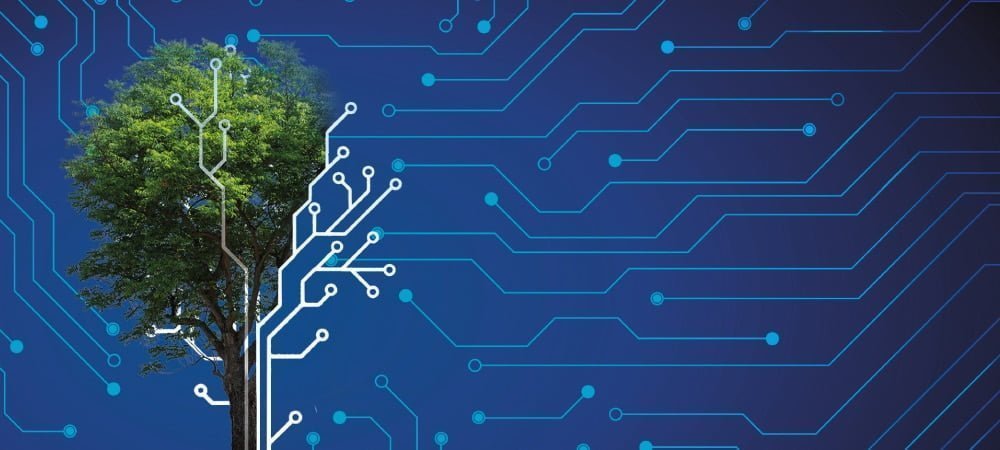Don't stop thinking for yourself despite AI


Digitization has changed the way we collaborate and revolutionized business processes and models. Digitization has become part of everyday life. And artificial intelligence (AI) is the new fashion. The magic word is: data. At the latest since May 25, 2018 (little hint: introduction of DSGVO), we have all understood how valuable data is.
They are used every day to analyze our behavior as consumers: I'm barely surfing the Internet for the bag my wife so desperately wants - and ads for new women's bags pop up on all my online channels. This is just one of many familiar examples of data exploitation.
AI goes much further: Powerful algorithms hide behind state-of-the-art software and draw correlations between the burning rainforests in Brazil and a potential terrorist attack in Afghanistan. AI algorithms recognize patterns and draw conclusions from them, for example in the form of concrete actions or recommendations.
In other words, what distinguishes one of the most important sub-disciplines of AI - machine learning (ML) - is not just the recognition of patterns, but its ability to train itself to behave. Its mode of operation goes well beyond conventional Boolean operators: ML is real learning based on data sets.
The conditions today are more ideal than ever before. Three circumstances are responsible for this, first and foremost Big Data. If we look at the last three years, more data has been generated than in the entire history of the Internet. For the year 2020, it is assumed that there will be 44 zettabytes of data - that is 1021 = 10,000,000,000,000,000 bytes.
Of course, that takes a lot of computing power. With Moore's Law in mind, we know that computing power has increased rapidly since AI began in 1956. My current calculator has more computing power than my first C64.
The last topic concerns algorithms. Development environments such as Jupyter-Notebook in combination with open source libraries are easily accessible to everyone and are no longer an insurmountable hurdle.
Today, there are multiple approaches to various aspects of data management and the AI lifecycle. However, putting them together and fitting them to one's needs can be a challenging experience.
For this reason, we have set up the Digital Innovation Lab, which provides us with all the prerequisites we need to identify, test and exploit trends. In it, we illuminate, scrutinize and test trend technologies to the utmost.
Because it's about using the new possibilities to question the status quo and to find out how we and our customers can work in a goal-oriented and standardized way. We are SAP consultants and will remain so. That's why we have already tested all scenarios in SAP Data Intelligence 3, which has only been available to the general public since March 2020.
We need the right data, the right quantity and the right quality of data to arrive at the right results - whatever they may be. We don't know these up front - our clients are often surprised by their own data results. We set the use case and vision up front and keep an open mindset for what's to come.
In the end, I can say that the whole process of data exploration and feature engineering requires a lot of brainpower. Although the opposite is often said about artificial intelligence, as a user you are really forced to think for yourself and not just rely on the AI.
This means that even if the algorithms are predefined, business users have to think about the resulting insights and derive actions. Artificial intelligence does not abolish thinking, it raises thinking to a new level.





